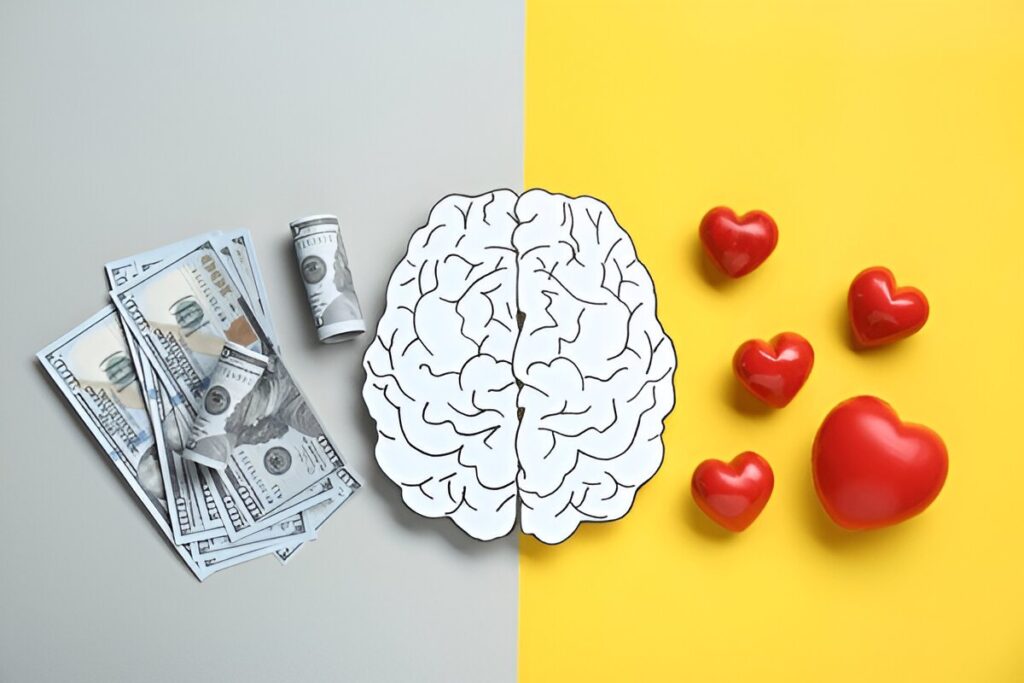
Why Do We Get Physically Lost?
Sometimes, it’s as simple as taking a wrong turn or forgetting to charge your phone. Other times, it’s the result of overconfidence—thinking you don’t need a map or directions. Natural disasters, accidents, or even just bad luck can also leave us stranded in unfamiliar territory. Whatever the cause, the result is the same: a sudden, jarring sense of vulnerability.
How Does It Affect Us?
Being physically lost can trigger a primal fear. It’s not just about the inconvenience of not knowing where to go; it’s about survival. Our brains go into overdrive, flooding our bodies with adrenaline and cortisol. This “fight or flight” response can be helpful in dangerous situations, but it can also lead to panic, making it harder to think clearly and find a way out.
How Do We Find Our Way Back?
The key to navigating physical disorientation is a mix of practicality and calm. Start by retracing your steps or looking for familiar landmarks. If you’re in a populated area, don’t be afraid to ask for help—most people are happy to point you in the right direction. And if you’re in the wilderness, staying put and conserving energy is often the best strategy until help arrives.
But perhaps the most important tool is your mindset. Staying calm and focused can make all the difference. Take deep breaths, remind yourself that you’ll figure it out, and trust your ability to adapt. After all, humans have been finding their way home for thousands of years.
2. Being Emotionally Lost: When the Heart Feels Adrift
While being physically lost is about the external world, being emotionally lost is an internal journey. It’s that feeling of being untethered, like you’re floating through life without a sense of purpose or connection. Maybe you’ve gone through a breakup, lost a loved one, or just feel stuck in a rut. Whatever the cause, emotional disorientation can leave you feeling empty, confused, and alone.




